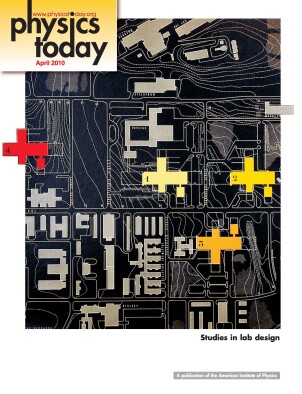Learning too well from Wheeler
DOI: 10.1063/1.3397029
Tony Zee’s poignant recollection of his association with John Wheeler (Physics Today, October 2009, page 10
At the time, the beta functions for all known field theories had a positive sign. It was also known, however, that the scaling observed in deep inelastic scattering would be comprehensible if the field theory of the strong interaction, then still unknown, had a negative beta function.
My thesis adviser, Tom Appelquist, specifically suggested the calculation for non-abelian theories to me more than a year before it was done by the Nobel Prize-winning trio of Frank Wilczek, David Politzer, and David Gross (Physics Today, December 2004, page 21
Tony has probably suffered even more for having calculated the beta function for every other known case even earlier. So it would seem that at least occasionally, there is also a good argument for calculating even when you don’t know the answer—particularly when there is a discovery waiting to be made.
References
1. T. Goldman, Adv. Nucl. Phys. 18, 315 (1987); see in particular pp. 379–381.
More about the authors
Terry Goldman, (tgoldman@lanl.gov) Los Alamos, New Mexico, US .




